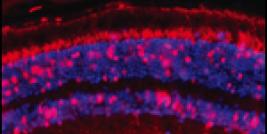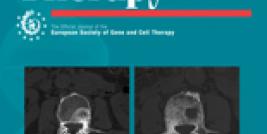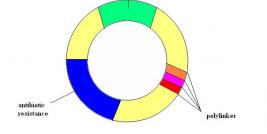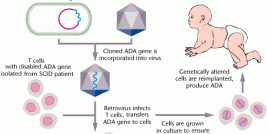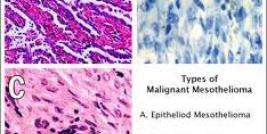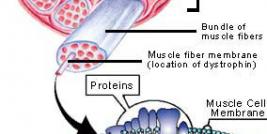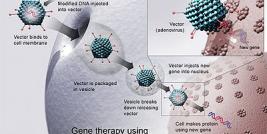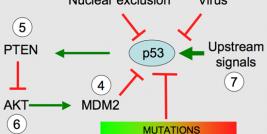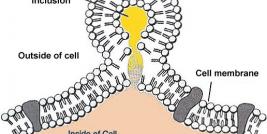Oxford, UK – 1 June 2009: Oxford BioMedica (LSE: OXB), a leading gene therapy company, today announces updated results from open-label Phase I/II and II trials of TroVax in metastatic colorectal cancer and metastatic renal cancer. TroVax is Oxford BioMedica’s therapeutic cancer vaccine that targets the 5T4 tumour antigen. Two cross-trial analyses were presented at the 45th Annual Meeting of the American Society of Clinical Oncology (ASCO) in Orlando, Florida. In all trials, TroVax was well tolerated with no serious adverse events attributed to vaccination. The most frequent TroVax-related side effect was low-grade transient irritation at the injection site.
Phase I/II and II Cross-Trial Analysis in Colorectal Cancer
The presentation described a cross-trial analysis of one Phase I/II and three Phase II trials in patients with metastatic colorectal cancer. In the four trials, TroVax was administered alone (one trial); as adjuvant/neo-adjuvant to surgery for resectable liver metastases (one trial); or in combination with chemotherapy (FOLFOX or FOLFIRI; two trials). Survival data were available for 73 patients, who received a median of five TroVax vaccinations (range one to six vaccinations). Of 59 immunologically evaluable patients tested for antibody responses post-vaccination, 52 (88%) and 56 (95%) showed positive responses for the 5T4 tumour antigen and the vector system, Modified Vaccinia Ankara (MVA), respectively. Exploratory analyses demonstrated significant associations between immune responses and overall survival across the trials. Indeed, Cox proportional hazards modelling (adjusting for age and gender) showed that a doubling in the 5T4-specific antibody response after the second and third injections was independently associated with a reduction in relative risk of death of 14% (p < 0.01) and 13% (p = 0.01) respectively. There were no correlations between the immune response to MVA and patient survival, suggesting that the benefit associated with the 5T4 response is not related to patients’ general health status.
Phase I/II and II Cross-Trial Analysis in Renal Cancer
The presentation described a cross-trial analysis of two Phase II trials in 53 patients with clear cell or papillary renal cancer with progressive measurable metastases and any prior therapy. The two trials investigated TroVax with or without interferon-alpha (28 patients) or in combination with low-dose subcutaneous interleukin-2 (25 patients). Of 45 immunologically evaluable patients, 40 (89%) mounted 5T4-specific antibody responses. Two patients showed a complete response for >36 months and two other patients had a partial response for >24 months and 12 months respectively. Twenty patients demonstrated disease stabilisation for ?3 months. Median progression-free survival and overall survival for all patients was 3.6 months (range 0.8 to 29.7 months) and 13.2 months (range one to 38 months) respectively. In both trials, a significant relationship was detected between the magnitude of the 5T4-specific antibody response and overall survival. Dr Stuart Naylor, Oxford BioMedica’s Chief Scientific Officer, commented on the presentations: “These updated analyses of our trials in colorectal and renal cancer further support the mechanistic rationale that the immune response induced by TroVax provides potential clinical benefit. It is interesting to note that an association between the magnitude of the antibody response to the 5T4 tumour antigen and enhanced patient survival is detected as early as post-second vaccination in colorectal cancer. While care must be taken when considering results from post-hoc analyses, the detection of an association with 5T4, but not MVA, antibody responses across multiple trials is encouraging. We remain committed to the successful development and commercialisation of TroVax and we are working constructively with the FDA to define the potential development path for further trials.”
The abstracts can be accessed online at http://www.asco.org










